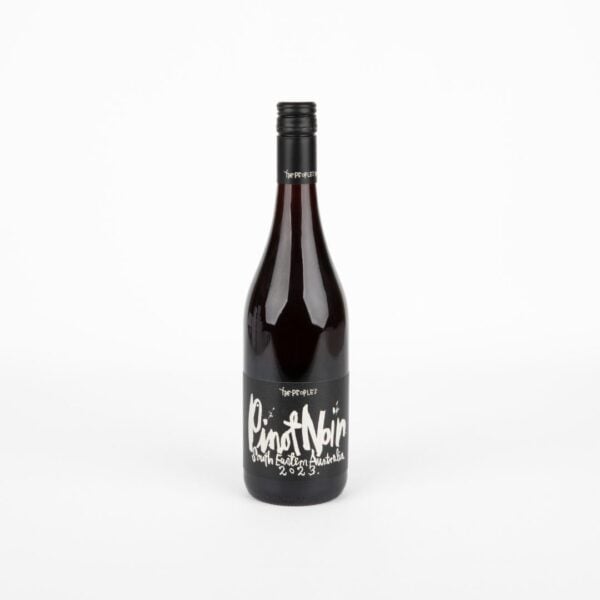How Different Languages Say “Merry Christmas”
Christmas is a global celebration, uniting people across cultures in joy and goodwill. While “Merry Christmas” is the familiar English greeting, its equivalents in other languages reflect unique linguistic and cultural nuances. Learning these phrases not only spreads holiday cheer but also fosters cross-cultural understanding. In this post, we’ll explore how “Merry Christmas” is expressed in over 30 languages, grouped by region, with insights into their origins and usage. Whether you’re traveling, connecting with international friends, or simply curious, these greetings can add a festive touch to your season.
European Languages
Europe boasts a rich tapestry of Christmas traditions, from Germany’s Christmas markets to Italy’s Nativity scenes. Here are some common greetings:
- French: Joyeux Noël – Pronounced “zhwah-yuh noh-ell,” this means “Joyous Christmas.” It’s used widely in France, Canada, and Africa, often accompanied by midnight Mass.
- German: Frohe Weihnachten – “Frohe” means joyful, and “Weihnachten” refers to the holy nights. Germans say this while exchanging gifts on Christmas Eve.
- Spanish: Feliz Navidad – Famous from the José Feliciano song, this translates to “Happy Nativity.” It’s heard across Spain, Latin America, and the U.S. Hispanic communities.
- Italian: Buon Natale – Meaning “Good Christmas,” it’s paired with panettone and family feasts in Italy.
- Portuguese: Feliz Natal – Similar to Spanish, used in Portugal and Brazil, where Christmas includes fireworks and beach celebrations.
- Dutch: Vrolijk Kerstfeest – “Vrolijk” means merry, spoken in the Netherlands amid Sinterklaas traditions blending into Christmas.
- Swedish: God Jul – Short for “Good Yule,” reflecting pagan roots in Scandinavia’s long winter nights.
- Polish: Wesołych Świąt – Meaning “Joyful Holidays,” as Christmas is part of a broader holiday season in Poland.
These European phrases often stem from Latin influences, emphasizing joy and birth.
Asian Languages
Asia’s diverse cultures adapt Christmas with local flavors, from Japan’s Christmas cakes to the Philippines’ long holiday season.
- Japanese: Merii Kurisumasu – A phonetic borrowing from English, celebrated secularly with fried chicken and illuminations.
- Mandarin Chinese: Shèngdàn Jié Kuàilè – “Happy Christmas Festival,” used in China’s growing urban celebrations.
- Korean: Sung Tan Chuk Ha – Meaning “Merry Christmas,” often in Christian communities with church services.
- Hindi: Śubh krisamas – A transliteration in India, where Christmas blends with Diwali lights in multicultural areas.
- Tagalog: Maligayang Pasko – “Happy Christmas” in the Philippines, starting as early as September with parols (star lanterns).
- Thai: S̄uk̄hs̄ạnt̒ Wạn khris̄t̒mās̄ – Reflecting Thailand’s tourism-driven festivities.
Asian greetings often incorporate English loanwords due to globalization.
African and Middle Eastern Languages
In Africa and the Middle East, Christmas varies from Ethiopia’s January celebrations to South Africa’s summer braais.
- Swahili: Krismasi Njema – “Good Christmas,” spoken in East Africa with family gatherings.
- Arabic: Milad Majid – Meaning “Glorious Birth,” used by Christians in the Middle East.
- Afrikaans: Geseënde Kersfees – In South Africa, blending Dutch roots with barbecues.
- Zulu: UKhisimusi omuhle – Reflecting joyful community events in South Africa.
These phrases highlight religious and communal aspects.
Other Regions
- Hawaiian: Mele Kalikimaka – Immortalized in Bing Crosby’s song, meaning “Merry Christmas.”
- Maori: Meri Kirihimete – In New Zealand, with summer pohutukawa trees.
- Russian: S Rozhdestvom – “With Christmas,” amid Orthodox traditions on January 7.
- Greek: Kala Christougenna – “Good Christmas Birth,” with boat decorations.
- Turkish: Mutlu Noeller – “Happy Christmases,” in a secular context.
Cultural Insights and Why It Matters
Beyond words, these greetings reveal cultural adaptations. In Latin America, “Feliz Navidad” echoes through posadas (processions). In Scandinavia, “God Jul” ties to Yule logs from pre-Christian times. Learning them promotes inclusivity, especially in diverse societies. For instance, saying “Joyeux Noël” to a French speaker can bridge gaps.
In our connected world, apps and online resources make practicing easy. This holiday season, try a new greeting—perhaps “Buon Natale” with Italian friends or “Feliz Natal” in Brazil. It enriches experiences and spreads universal joy.
Christmas transcends language, but these phrases remind us of our shared humanity. Merry Christmas, in whatever tongue you choose!
















